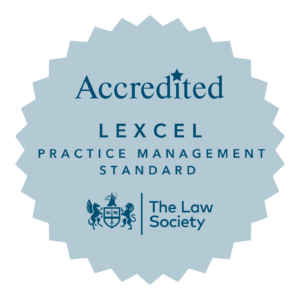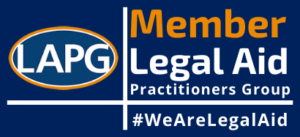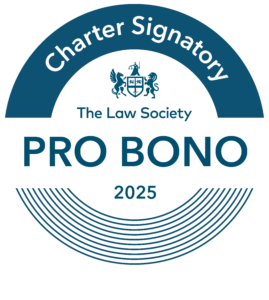Claims against police
The primary purpose of the police force, being one of the Government’s enforcement agencies, is not only to enforce the law, to ensure the safety, health and possessions of citizens and prevent crime or civil disorder but also to perform their public duties in accordance with the law. They have power of arrest and authority to use force, when other options are unlikely to achieve a desired outcome or when this is deemed necessary to protect the public and themselves. The vast majority of incidents involving use of police powers including the use of force are perfectly justified and lawful. However, this short summary is about the episodes when the officers inadvertently or, when less frequently, deliberately act outside their powers and breach the law.
Being arrested or detained by the police can be a very traumatic and frightening experience. This is even worse for those involved in incidents where the officers use physical force, weapons or both. If in any such episode the power of arrest and detention or use of force have been used against the law, the damage caused to the individuals at the receiving end can be lasting and extremely damaging.
So what can go wrong?
- Arrest without reasonable grounds
- Misfeasance in public office; to claim compensation for misfeasance in public office the Claimant must prove:
- The police action caused “material damage”, and
- The police officer or other person in a position of authority was aware of the probability of causing the material damage by their action.
The material damage includes one or more of:
- Death or personal injury
- Loss of liberty
- Financial loss, and/or
- Damage to reputation
- Assault – trespass against person
Stop and search
This normally occurs when police officers stop and search individuals, their clothes, bags or other belongings which may also include vehicles. The police have been accused for many years that this power has been used against BAME individuals in a disproportionate and discriminatory manner.
Stop and search does not cover searching the contents of mobile phones, computers or other electronic devices. While both police officers and police community support officers (PCSO) have the right to stop and question those they consider suspicious, only police officers can stop and undertake a search of the person. This includes officers in plain clothes, although they are required to identify themselves and produce their warrant ID.
When can a police stop and search be carried out?
A police officer can stop and question an individual at any time, however, they can only stop and search them under limited circumstances. This is normally when the officers believe that they have ‘reasonable grounds’ to suspect one of the following:
- Illicit substances
- Weapons
- Stolen property
- Possession of tools or artefacts likely to be used for criminal activity
Police can stop and search without reasonable grounds if this has been approved by a senior police officer and when the officers suspect:
- Serious violence which has already occurred or is about to happen
- Possession of weapons used or about to be used for criminal activity
- Stop and search has been authorised in a specific location or area
How far can a stop and search go?
During a stop and search, a police officer can request that:
- The person being searched remove items of clothing such as gloves, hat, jacket, helmet or coat
- Check the footwear, socks, scarves, including headscarves, or pockets
- Ask for additional items of clothing or religious headwear to be removed, although such requests should be made by the officers of the same sex and cannot be done in the full public view. The search must be undertaken in a sheltered area such as a police vehicle and the police officer must give reasons for resorting to such a search.
- A strip search may be required in certain cases but only in a police station or other designated area. Suspects who are below 17 years of age must be searched in the presence of an appropriate adult, parent or guardian.
Police may use reasonable force if the suspect(s) refuse to cooperate and there are good reasons for enforcement.
What are your rights?
Before you can be searched, the police officers must disclose:
- Their name and police station
- What they expect to find
- Reason for the search
- Legal basis for the search
- Your right to request a written record of the search
Your rights also include:
- Right to remain silent and refuse to answer questions including your name and address
- Right to film the search and retain it as your own evidence (this may be difficult if your phone is confiscated, however you can ask a friend or bystander to film for you)
- Request a copy of the form containing the information about the stop and search episode including the time, date and place of search, reasons for suspicion which led to this search and the names/warrant numbers of the officers involved. The form also must state your ethnic background.
Strip search
If the police want to carry out a more thorough search (strip search) this can only be done if they believe that an illegal item have been hidden under the suspect’s clothes or inside their body. A strip search must be conducted out of public view (e.g. in a police station or police tent). It will need to be authorised by a custody sergeant and must normally be carried out by someone of the same gender as the person who is being searched. The police should accept what the suspect’s chosen gender identity is instead of making assumptions. Persons under 17 cannot be strip searched without an appropriate adult in attendance. Those who refuse to be searched may be forced to comply although any such force must be proportionate and reasonable, depending on the circumstances.
How can I know that the police officers acted in accordance with the law?
We hope that you have found the above summary helpful and informative. If you are still unsure, you may wish to contact a specialist solicitor for further assessment and consultation.









